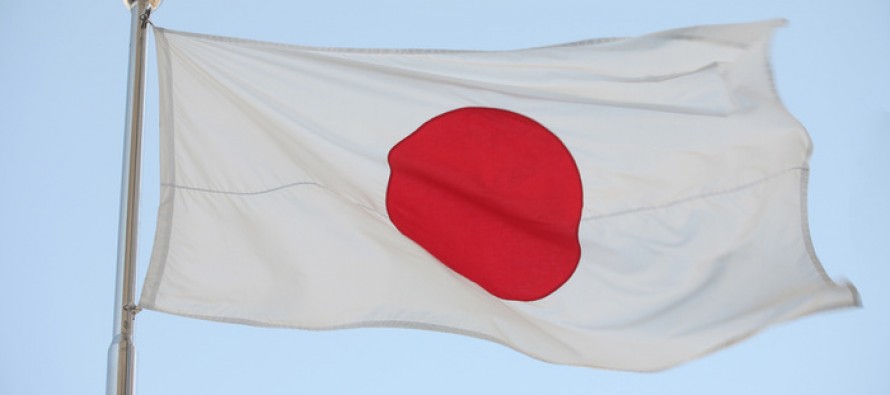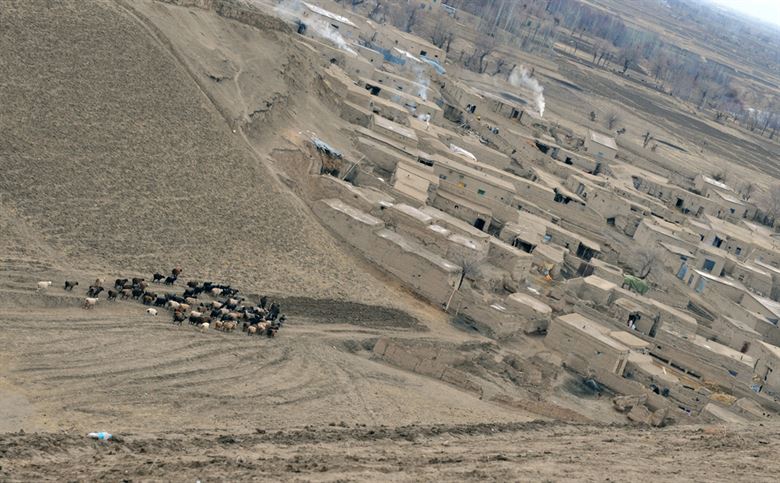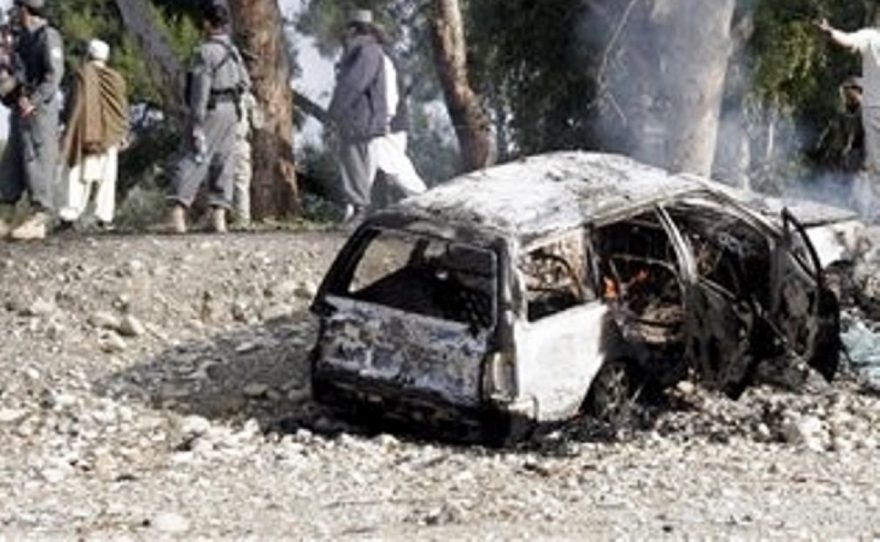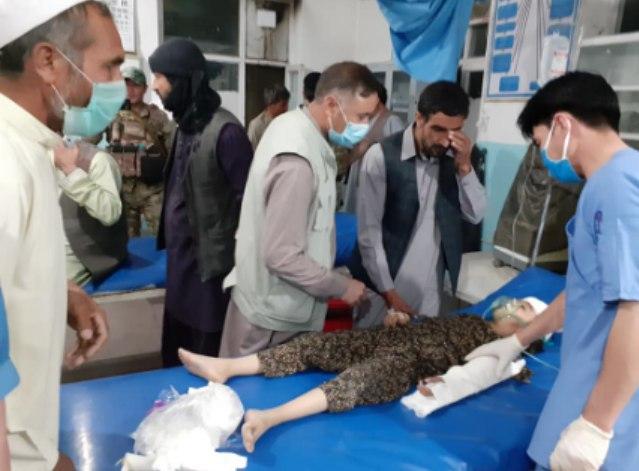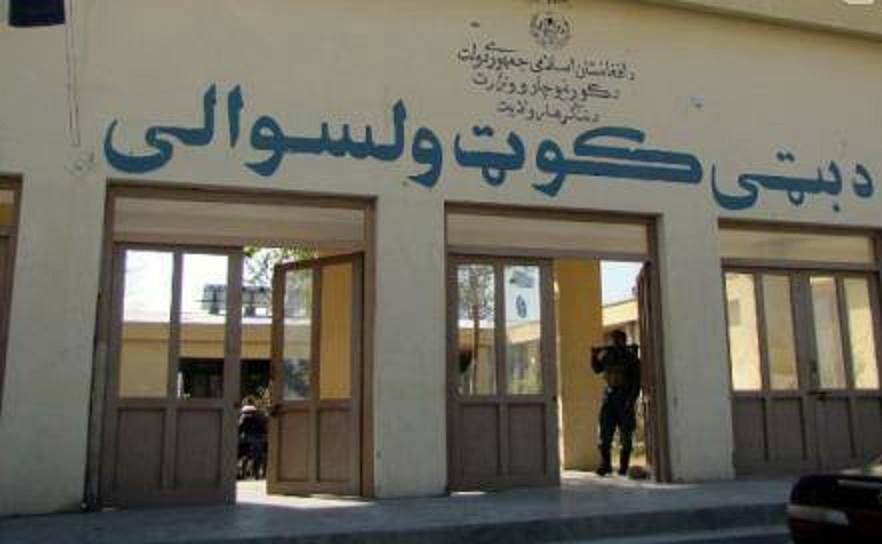The Government of Japan has donated USD 7 million in support of UNICEF’s drive to provide life-saving vaccines, addressing urgent needs and rights of Afghanistan’s children and women.
Publish dateThursday 5 December 2019 - 00:44
Story Code : 197221
This new grant will enable government of Afghanistan, UNICEF and its partners to contribute to the sustainable development goal (SDG) 3, to ensure healthy lives and promote the well-being for all at all ages. These new funds will also contribute to the global drive to eradicate polio. Afghanistan is one of only two countries globally that has yet to stop polio.
“Children are our treasures and hope that support the future of the country. We must protect our children from infectious disease with the utmost care. Japan has long history of cooperation for measures against infectious diseases in Afghanistan. When we try to get rid of diseases, prevention is the best measure to take. I sincerely hope that Afghanistan will become a comfortable country for babies as soon as possible. To this end, Government of Japan continues this project with the cooperation of UNICEF,” said Suzuka, Ambassador of Japan.
JICA Afghanistan Senior Representative Yasuhiro Suhara acknowledged and congratulated the consolidated effort of the Government of Afghanistan, its partners, and most importantly vaccinators on the front line, for their sustained efforts in the eradication of polio.
“We strongly hope this grant will contribute to stopping transmission of polio virus, which will lead to the eventual eradication of polio from Afghanistan, under the smooth implementation by Ministry of Public Health and UNICEF,” said Suhara.
Japan’s financial support will contribute to key national priorities including; children under one year to achieve and sustain immunization of all antigens at 90% coverage at the national level and 80% coverage at the district level by the end of 2020; measles incidence reduced to less than 5 cases per million population by 2020; and neonatal deaths; caused by neonatal tetanus reduced to less than 1 case per 1000 live births by 2020.
“The support from the Government of Japan will help the Government of Afghanistan in providing quality and equitable vaccination services to mothers, newborns and under five-year-old girls and boys”, said Mamosai Zewar, Deputy Minister of Admin and Finance, Ministry of Public Health.
Mamosai Zewar further highlighted that the Ministry of Public Health will increasingly focus on EPI programme as it is the most important pillar for stopping the circulation of the polio virus in Afghanistan.
The grant will enable UNICEF and its partners to vaccinate more than 1.4 million infants as part of the EPI, protect more than 10 million children from polio, and provide more than 2.8 million women of child bearing age with tetanus toxoid vaccine.
“Japan has been one of the longest contributing partners, not just to UNICEF in Afghanistan, but globally, says Dr. Aboubacar Kampo, Representative, UNICEF Afghanistan. “We are extremely grateful for Japan’s enduring commitment and generous support which will not only save children’s lives but will be pivotal in our collective efforts to ensure polio virus transmission interruption, and ultimately, making polio eradication a story of the past in Afghanistan,” Kampo emphasized. Japan has been assisting Afghanistan’s nation-building efforts in various fields including security, infrastructure, agriculture, rural development, human capacity development, education, health, culture and humanitarian assistance. The cumulative Japanese assistance to Afghanistan since 2001 amounts to approximately $6.6 billion.
“Children are our treasures and hope that support the future of the country. We must protect our children from infectious disease with the utmost care. Japan has long history of cooperation for measures against infectious diseases in Afghanistan. When we try to get rid of diseases, prevention is the best measure to take. I sincerely hope that Afghanistan will become a comfortable country for babies as soon as possible. To this end, Government of Japan continues this project with the cooperation of UNICEF,” said Suzuka, Ambassador of Japan.
JICA Afghanistan Senior Representative Yasuhiro Suhara acknowledged and congratulated the consolidated effort of the Government of Afghanistan, its partners, and most importantly vaccinators on the front line, for their sustained efforts in the eradication of polio.
“We strongly hope this grant will contribute to stopping transmission of polio virus, which will lead to the eventual eradication of polio from Afghanistan, under the smooth implementation by Ministry of Public Health and UNICEF,” said Suhara.
Japan’s financial support will contribute to key national priorities including; children under one year to achieve and sustain immunization of all antigens at 90% coverage at the national level and 80% coverage at the district level by the end of 2020; measles incidence reduced to less than 5 cases per million population by 2020; and neonatal deaths; caused by neonatal tetanus reduced to less than 1 case per 1000 live births by 2020.
“The support from the Government of Japan will help the Government of Afghanistan in providing quality and equitable vaccination services to mothers, newborns and under five-year-old girls and boys”, said Mamosai Zewar, Deputy Minister of Admin and Finance, Ministry of Public Health.
Mamosai Zewar further highlighted that the Ministry of Public Health will increasingly focus on EPI programme as it is the most important pillar for stopping the circulation of the polio virus in Afghanistan.
The grant will enable UNICEF and its partners to vaccinate more than 1.4 million infants as part of the EPI, protect more than 10 million children from polio, and provide more than 2.8 million women of child bearing age with tetanus toxoid vaccine.
“Japan has been one of the longest contributing partners, not just to UNICEF in Afghanistan, but globally, says Dr. Aboubacar Kampo, Representative, UNICEF Afghanistan. “We are extremely grateful for Japan’s enduring commitment and generous support which will not only save children’s lives but will be pivotal in our collective efforts to ensure polio virus transmission interruption, and ultimately, making polio eradication a story of the past in Afghanistan,” Kampo emphasized. Japan has been assisting Afghanistan’s nation-building efforts in various fields including security, infrastructure, agriculture, rural development, human capacity development, education, health, culture and humanitarian assistance. The cumulative Japanese assistance to Afghanistan since 2001 amounts to approximately $6.6 billion.
avapress.net/vdcb5zb88rhb95p.4eur.html
Tags
Top hits
